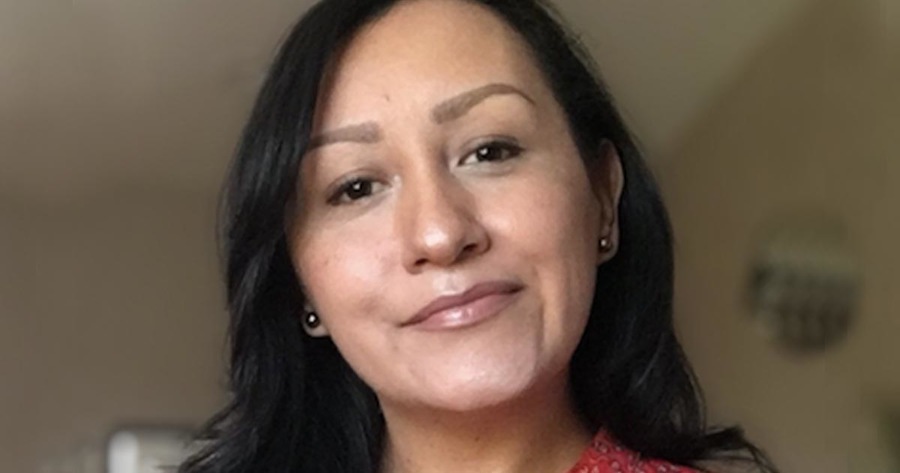Difficult conversations, more transparency throughout the organization, and ensuring you're hiring leaders who understand equity and inclusion are critical. But how do you know if your organization truly fosters equity appropriately, if at all? The answers partly lie in conducting an equity audit.
NAA sat down with Jimena Quiroga Hopkins, NAA Executive member and Founder and Principal of Thrive Paradigm, to discuss equity audits, how they're conducted, and what they could help accomplish in terms of advancing equity in afterschool organizations and programs.
What is an equity audit?
JQH: An equity audit is a process to examine the ways and degree to which an organization is addressing diversity, equity and inclusion. It's a comprehensive approach to get an accurate pulse of the organization's equity efforts to date.
What steps are typically included in an equity audit?
JQH: Different organizations and consultants can approach an audit differently, but generally speaking the audit entails collecting data, documents and information. We typically do this by:
- Using a checklist and using a tool to review an organization's documents and policies—everything from organizational mission and vision to hiring policies, professional development plans, and everything in between.
- Conducting a staff and board survey.
- Staff and board interviews and focus groups.
- Analyzing data and information and creating a report of finding and recommendations.
Why should an organization conduct an equity audit?
JQH: As organizations become more intentional about addressing equity within their organizations, it can be easy to go to what is familiar. For many organizations we work with, that is often training. Meaning, offering training in equity-related areas to staff and/or people in the community they serve.
Although capacity building is definitely a critical part of the work, there may be other areas that need to be prioritized. There may even be areas that are currently creating harm or perpetuating inequities. An equity audit helps an organization get a better understanding of where they are and helps them understand where to go and what to prioritize. It can give organizations and programs a chance to deeply examine the degree to which they are putting equity-centered practices in action and at what levels. This is a critical step to inform planning and creating a comprehensive equity strategy.
What needs to be considered when conducting/participating in an equity audit?
JQH: There are several things to consider when undertaking an equity audit.
Leadership must be on board. Leadership has to lead this work. Staff need to know that the audit is leading to action. In order for this to happen, leaders have to communicate their commitment to the audit in words and actions.
Take stock of and leverage past work. It can feel overwhelming at times to take on this work, especially if it's the first time an organization is engaging in this work. In addition to uncovering areas of growth, this can also serve a process for taking stock of what an organization is doing.
Staff voice. An effective equity audit includes staff voice on all levels. Not only as participants in interviews, surveys. and focus groups, but also in the process itself. Some organizations choose to create a working group or task force that helps to steer the work by conducting the audit or working with a consultant to conduct the audit. Leadership has to be fully on board.
Staff capacity. I know that especially right now, everyone has limited capacity. Ensure that staff are clear about time expectations and are supported by supervisors about prioritizing time spent on the equity audit.
The journey is the process. This is the beginning of a process that can be lengthy. It's the first step and pacing is really important. Once findings come in, it's natural to want to address all of it, but we always recommend being realistic and managing expectations. Careful planning post-audit and prioritizing next steps helps ensure success and tangible progress, and ultimately, maximizes impact.
Holding up the mirror requires courage. It can often be uncomfortable to get really honest about what has or has not been happening in efforts to work toward equity and anti-racist practices within an organization. The truth is that many organizations are just beginning to make real strides in this area.
Get external support. While some organizations may have the capacity to conduct an equity audit on their own, many choose to hire a consultant to help drive the process. Different funders are also putting more focus on funding this type of work so that organizations can build their internal capacity to in turn better serve the communities they serve.
What are the top resources you would recommend for an organization that is exploring the possibility of an equity audit?
JQH: There aren't many resources available that are specific to afterschool. We are currently in the process of developing some resources and tools for the afterschool field. Here are some tools and resources that may be helpful to get started:
- Annie E. Casey Race Matters Toolkit
- Race Matters Organizational Self Assessment
- Awake to Woke to Work
- The Roadmap for Racial Equity
- Equity Organizational Assessment
Courtesy of NAA.
Photo courtesy of Jimena Quiroga Hopkins.




